6. The Grifters (1990, dir. Stephen Frears)
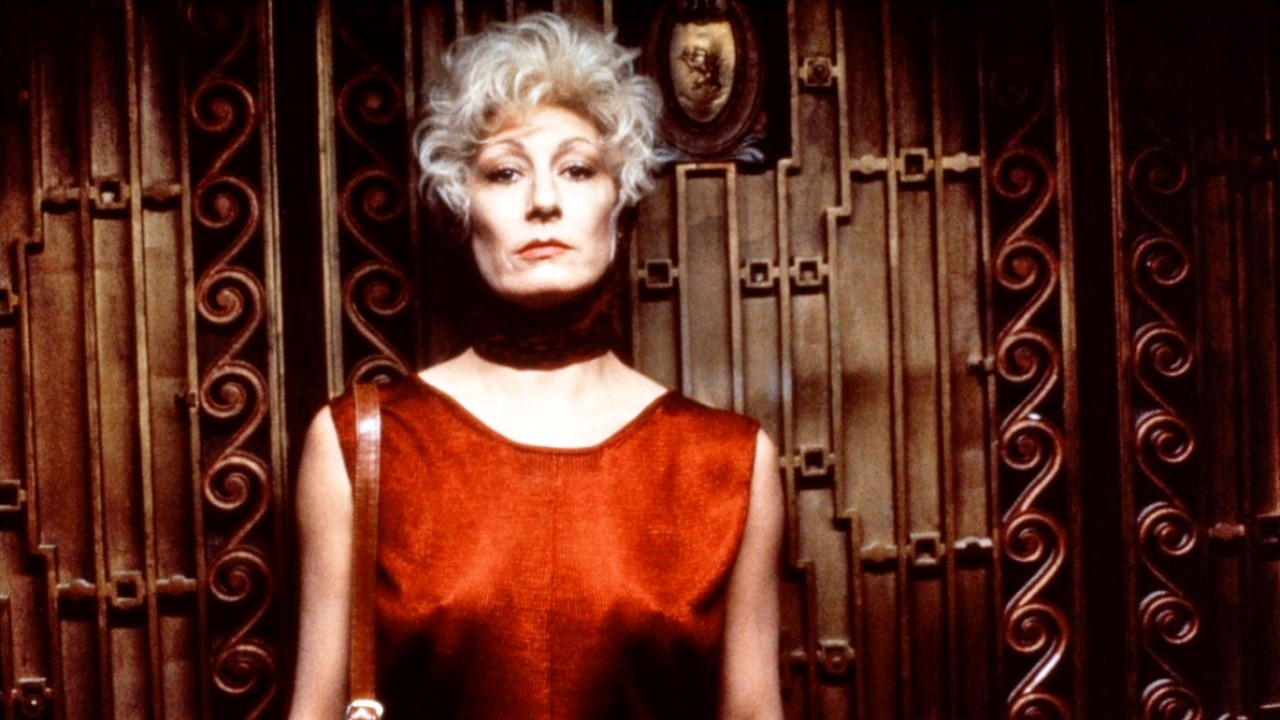
The Grifters is a slice of noir heaven. Fears has always had the magic power for the audience to feel kinship with his characters, and this is no exception. Score by Elmer Bernstein is four words that automatically set a film a few shelves higher. The cast are all first rate, the smarmy and whip-smart yet douchy John Cusak as Roy Dillon, Angelica Houston’s performance of Lily Dillon isn’t star making, because she already owns that land. Witness Houston collapsed on the floor after a deed most foul where, between sobs, she gathers errant dollar bills, some covered in blood. Annette Benning as Myra Langtree is the perfect “dumb blonde” channeling every noir femme fatale from Marilyn Monroe to Ann Savage. It’s an act of course, and her smarts get her almost across the finish line. Almost.
Two of the greatest supporting character actors ever, JD Walsh, and Pat Hingle, round out the cast. There are more than a few notable supporting actors, including Henry Jones and Steven Toblowski. The source novel is Jim Thompson’s, but Frears injects a great deal of humor into Thompson’s down elevator. Benning and Walsh’s long con of the Texas oil millionaire (played by none other than favorite Charles Napier) is sublime. There is something to be said about grifters who live on the edge and retain a certain amount of glamour, even though they clearly missed the brass ring and their number is close to being up. One wonders about these characters: so smart yet not getting that the end game is self-destruction.
7. Poison (1991, dir. Todd Haynes)
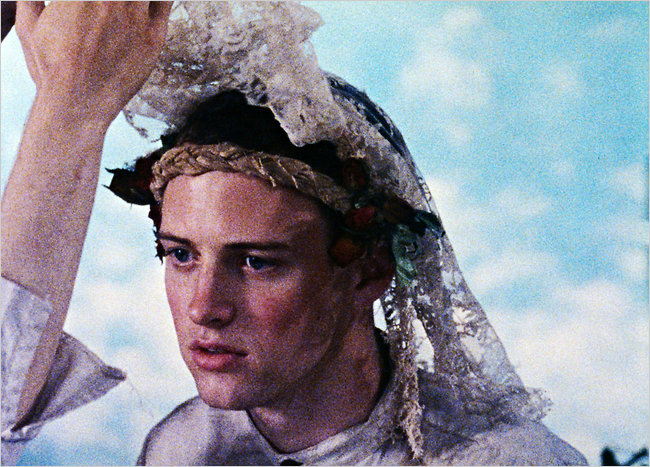
Todd Haynes made a name for himself with The Karen Carpenter Story which was a stop motion picture using Barbie dolls to portray Karen’s bulimia. Soon to be super-producer Christine Vachon and he teamed up on his first feature Poison, an anthology film quite like no other. It weaves together three stylized genre pictures based on the works of gay iconoclast author Jean Genet.
The first is a black and white 50’s style Jekyll and Hyde/Re-Animator, complete with B-monster movie flourishes. (When the characters are outside, the cars and shops are all 1991, while the characters are all 1954 in manner and dress. We get the feeling that Haynes doesn’t give a damn about louts who are quick to point his out- the jokes’ on them.)
The second is a mockumentary which takes place in a very typical suburb, about a boy murdering his father and then flying away. It is queasy as hell, packed with subtext and innuendo, and as with most of Haynes fiction work, we are looking into a diorama, a world sealed off, which is what suburbia set out to do, and succeeded in doing beyond its wildest dreams. The coda to the second is a breathtaking narrative moment, one of the best in Haynes’ career.
The third is a gay prison coming of age drama, wherein the prisoners impersonate and mock the straight world with home made rituals. It ends up impersonating without the mocking.
If Poison wore platitudes on its sleeve, it would be a snooze fest. Poison draws a lot less attention to technique, because it focuses on story, and what that story is is in the eye of the beholder. Poison’s through-line is that it demands decoding. Haynes and Co. tell us that we are just the people to do it.
8. The Day Trippers (1996, dir. Greg Mottola)
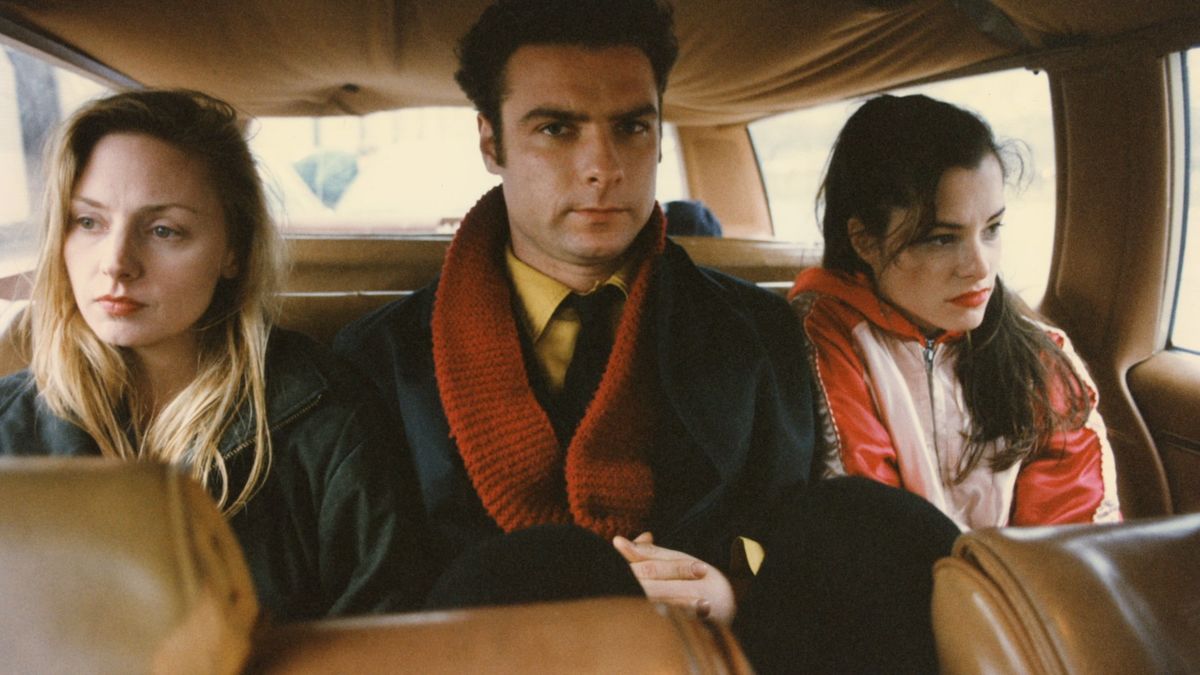
Parker Posey, Leiv Schriver, Stanley Tucci, Hope Davis, Campbell Scott, the A-list of 90’s indie film actors fill out this fin de slice film about the bickering American middle class scaffolded by trivialities and routine. Ann Meara and Pat McNamara round out a cast that would be interesting reading the phone book. This is a road movie sit-com. Eliza (Hope Davis) finds a love letter written by her husband Stanley (Stanley Tucci) not to her. The letter is obtuse and is not a smoking gun. Her rambunctious family had already planned a trip into the city (NYC) so she rides with them to confront her husband.
Liev Schriver plays Parker Posey’s assinine pseudo-intellectual fiance Carl, who shows his disdain for the working and middle classes, not seeming to realize that these polemics fall on the ears of his very middle and working class fiance. “Carl wrote a novel, everyone!” is the best line in this movie’s crowded field. In the movies, the Road is the great revealer-telling us who we really are to someone else. All is revealed by the end of The Daytrippers.
The real magic of The Day Trippers, what it leaves you with, is that it’s hard to believe that these people aren’t an actual family. A feel-good movie that isn’t floated by cheap sentiment is a gem, which The Day Trippers is.
9. Kansas City (1996, dir. Robert Altman)
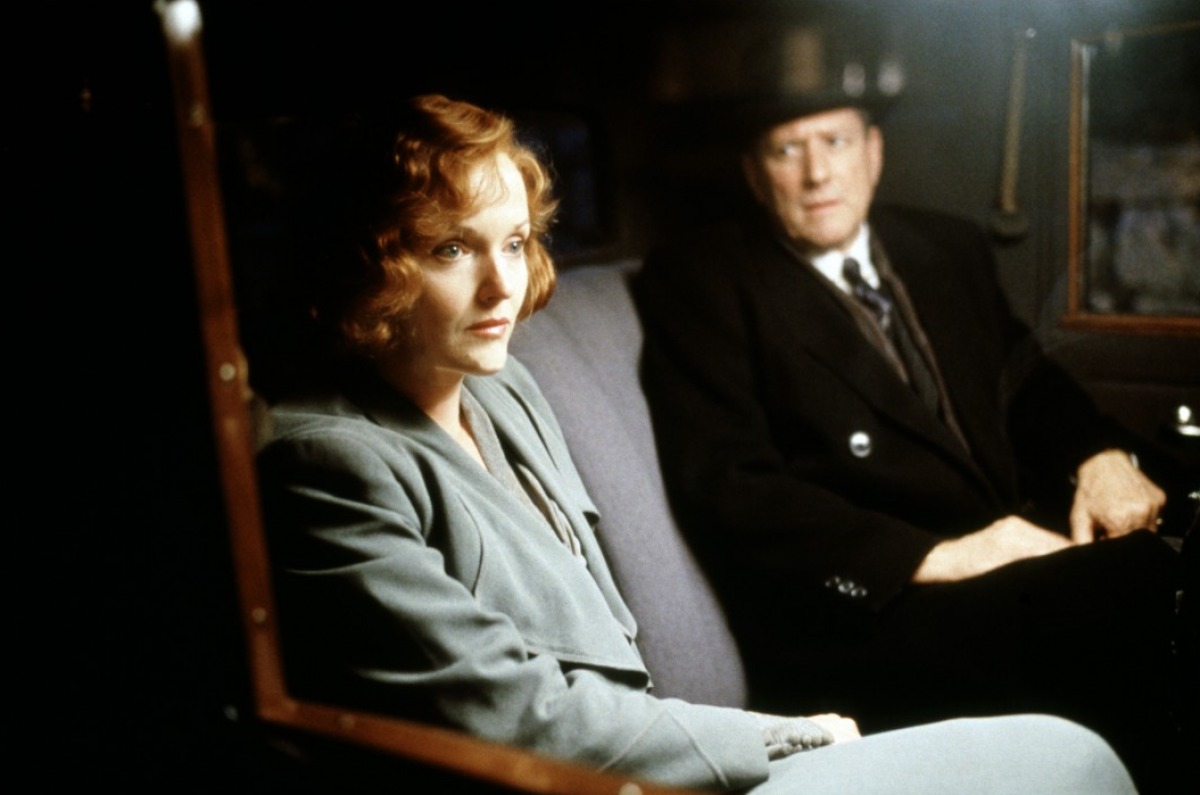
In the words of Gore Vidal, “the great American novel isn’t a book, it’s a movie. Short Cuts”. One would think that with the traction and cred Altman gained from The Player and Short Cuts, Kansas City, a film about jazz, politics, and organized crime with an impossibly great soundtrack in 1930’s Kansas City would clean up, but no. Altman cited problems with the distribution company,and a variety of other factors that perfect stormed this great masterpiece.
The plot interweaves an inept but romantically charged Blondie (Jenifer Jason Leigh) kidnapping the Mayors wife, Carolyn Stilton (Natasha Richardson) to get back her Johnny (Dermott Mulroney), her equally idiotic sidekick for robbing born gambling loser Sheep Shan Red (A.C. Tony Smith) of the tens of thousands on its way to Seldom Seen’s (Harry Belafonte) gambling tables inside of jazz hot spot The Hey Hey Club. Harry Belafonte’s Seldom Seen, is hands down, the greatest movie crime boss after Micheal and Vito.
The story is buoyed by Thirties jazz played by some of the living greats including Joshua Redmon and Ron Carter. It has the greatest cutting contest scene of all time. A movie this great should have started a quake, but never did. A few years later, Altman gave us Gosford Park, which birthed Downton Abbey. It is unfortunate indeed that we don’t have a Kansas City tv series, Boardwalk Empire came pretty close, but they did not have the best jazz players in the business, or Harry Belafonte for that matter.
10. Sweet and Lowdown (1999, dir. Woody Allen)
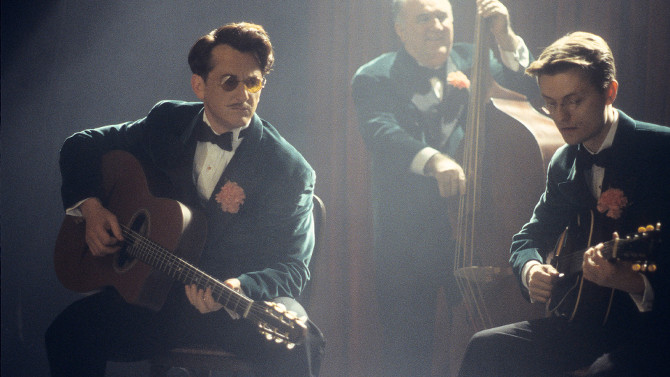
The fact that Woody Allen loves jazz isn’t news. Funny enough, so far this is his only film about musicians, and the only film where he makes a cameo as himself. For Sweet and Lowdown, Allen didn’t just take a page out of La Strada, he took the whole book and two sequels. Sean Penn plays Emmet Ray, the second greatest jazz guitar player after Django Rhinehart. Ray is a rolling stone in the deepest sense of the word; a total flake, late or no show to his shows, spends like a drunken sailor, pimps, gambles, drinks, all the fun stuff.
For some reason Sweet and Lowdown doesn’t track, even though Allen’s chemistry with both leads, Sean Penn and Samantha Morton, is first rate (According to rumor, Allen and Penn didn’t get along, but both seem to have high praise for each other later). Sean Penn gives his loutiest performance since The Falcon and the Snowman.
But Samantha Morton remains the true north of Sweet. She was harangued by critics the world over since she did not have a single speaking line (her character is mute), and the usual barrages were flung, but she has that silent movie magic. Note the scene where she hears Ray play, while in the bathroom, her soul moved to nirvana, and another where Ray tries to break up with her and her resonance goes all the way to the bleachers. The great Zhao Fei’s lush gauzy light and camera work adds to the contact high. Sweet and Lowdown may not be the first on any Allen favorites list, but it’s no bench warmer, either.
Author Bio: Sebastian Corbascio is an American writer/director living in Copenhagen, Denmark. He has written several books, stories, and articles, You can watch his critically acclaimed maxi-short The Devil and Alexa Jones at his You Tube channel @sebastiancorbascio6501.